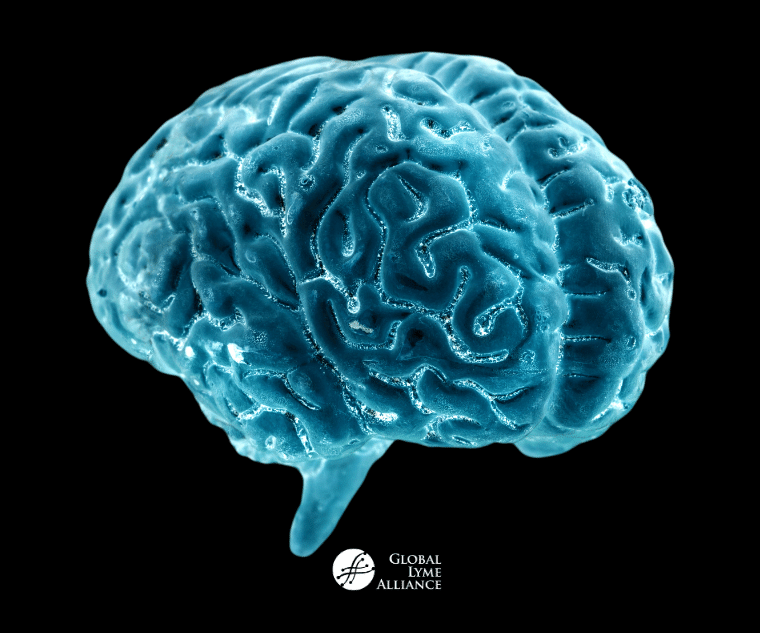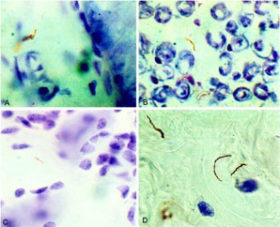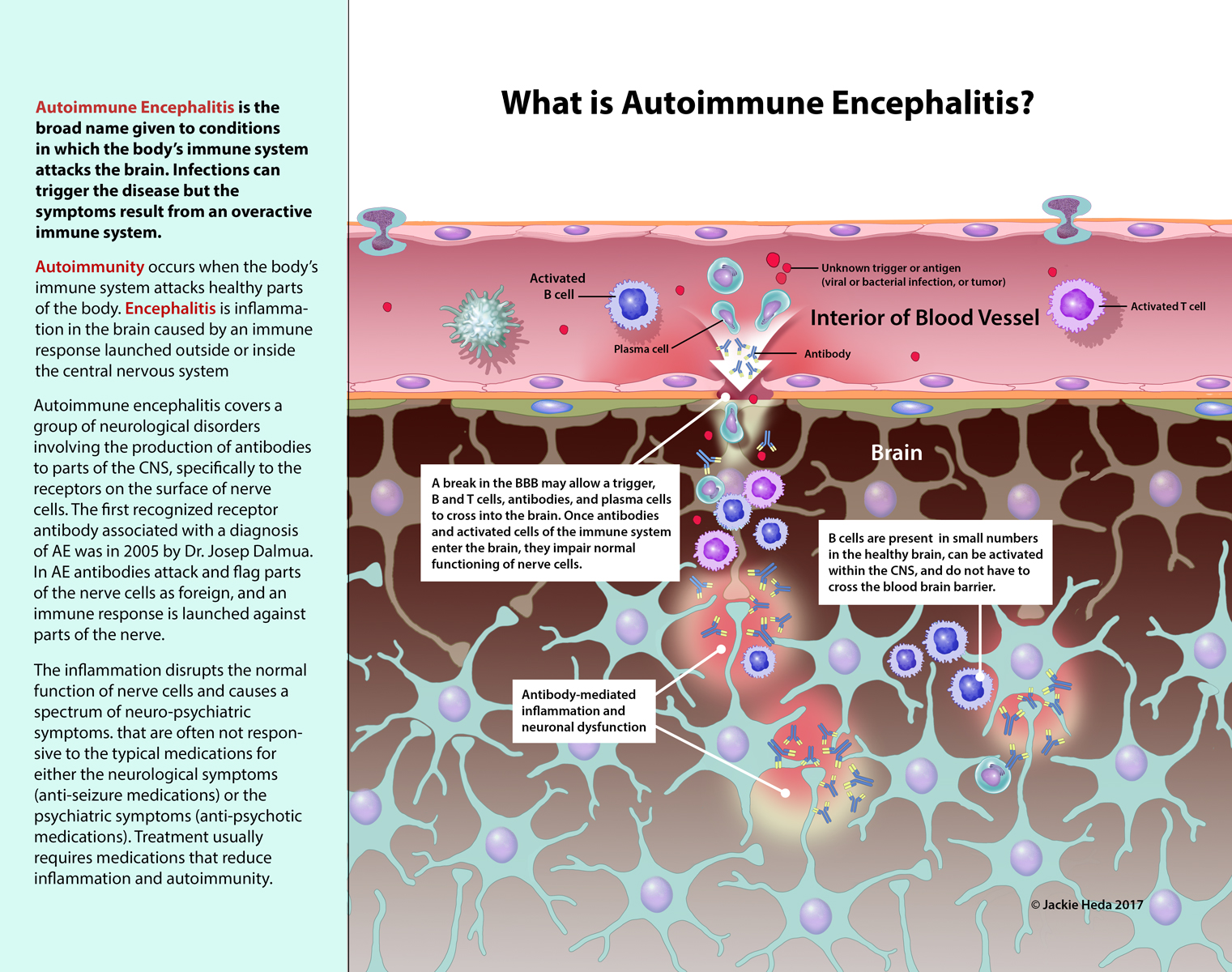Lyme Disease Brain Function
Lyme disease brain function. These functions along with attention span and working memory are referred to as executive functioning. Lyme Brain is a fantastic comprehensive resource that describes the many causes of brain dysfunction in Lyme disease including inflammation infection damage to nerve cells neurotoxins neurotransmitter imbalances and more. The first kind is a feeling or sensation of cloudiness or fogginess of the head.
Unfortunately many people with chronic Lyme disease find themselves in this state and alarmed by the damage the disease is doing to their brain and nervous system. Identify Your Trigger Foods. There are two kinds of brain fog in Lyme disease.
Described by many LE patients. A nasty relative of the STD syphilis Lyme causes a multitude of medical neurological and psychiatric impairment issues yet is much harder to cure. Lyme disease causes immune-mediated neurological dysfunction.
The term was introduced to distinguish this disorder from actual brain B. Brain Fog in Lyme Disease. Type 2 Brain Fog.
Brain fog is a term people commonly use to describe it. There are no positron emission tomography PET studies reported in the literature with regards to brain metabolism and function in patients with Lyme disease. Type 1 Brain Fog.
Lyme has been shown to release ammonia an exotoxin which in and of itself can disrupt proper brain function. Encephalopathy is a general term for a condition that affects the way the brain functions. These patients frequently present with various neurological symptoms including memory problems.
About one person in a million will get brain or spinal cord inflammation which can cause more severe neurologic problems but is usually responsive to treatment. Common Neuropsychological Issues From Lyme Disease Impaired attention focus concentration judgment and impulse control.
The second type is a problem with brain function where a person cannot think.
Brain fog is a term people commonly use to describe it. Unfortunately many people with chronic Lyme disease find themselves in this state and alarmed by the damage the disease is doing to their brain and nervous system. Brain Fog in Lyme Disease. On extremely rare occasions the infection can involve the brain or spinal cord disorders that are now extraordinarily rare. Lyme Brain is a fantastic comprehensive resource that describes the many causes of brain dysfunction in Lyme disease including inflammation infection damage to nerve cells neurotoxins neurotransmitter imbalances and more. Brain imaging techniques may be used to aid the diagnosis of neurological Lyme disease Chronic and neurological Lyme disease is the result of weakened immunity decreased cellular function and environmental and lifestyle factors. There are no positron emission tomography PET studies reported in the literature with regards to brain metabolism and function in patients with Lyme disease. Nobody has ever died of it and it has rarely if ever caused significant damage to any patients brain. One is where the infection is within the brain a second way is where the infection is in the blood vessels leading to the brain causing vasculitis.
There are two kinds of brain fog in Lyme disease. These patients frequently present with various neurological symptoms including memory problems. Common Neuropsychological Issues From Lyme Disease Impaired attention focus concentration judgment and impulse control. Described by many LE patients. In some cases Lyme disease can cause encephalopathy. About one person in a million will get brain or spinal cord inflammation which can cause more severe neurologic problems but is usually responsive to treatment. Identify Your Trigger Foods.













































Post a Comment for "Lyme Disease Brain Function"